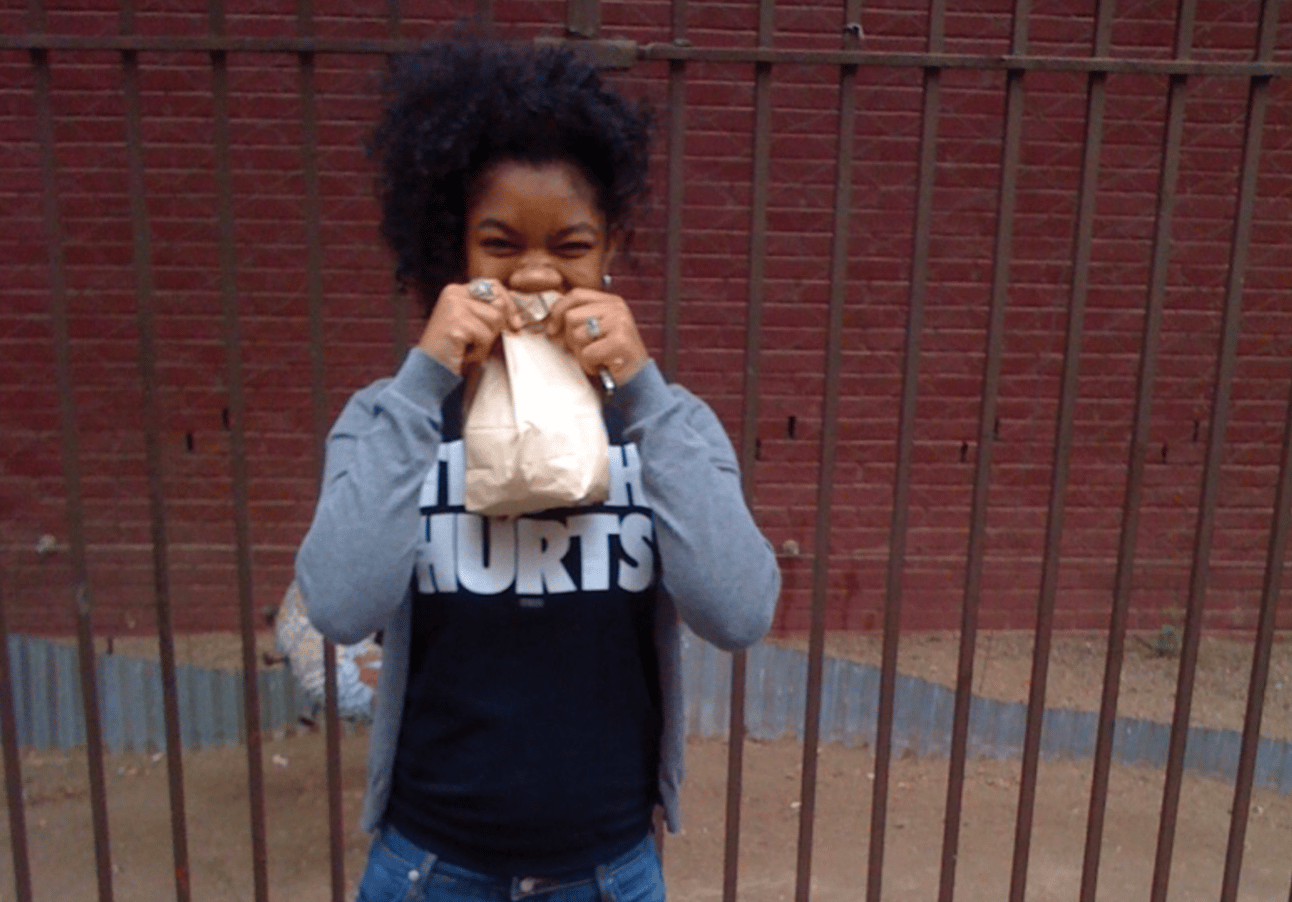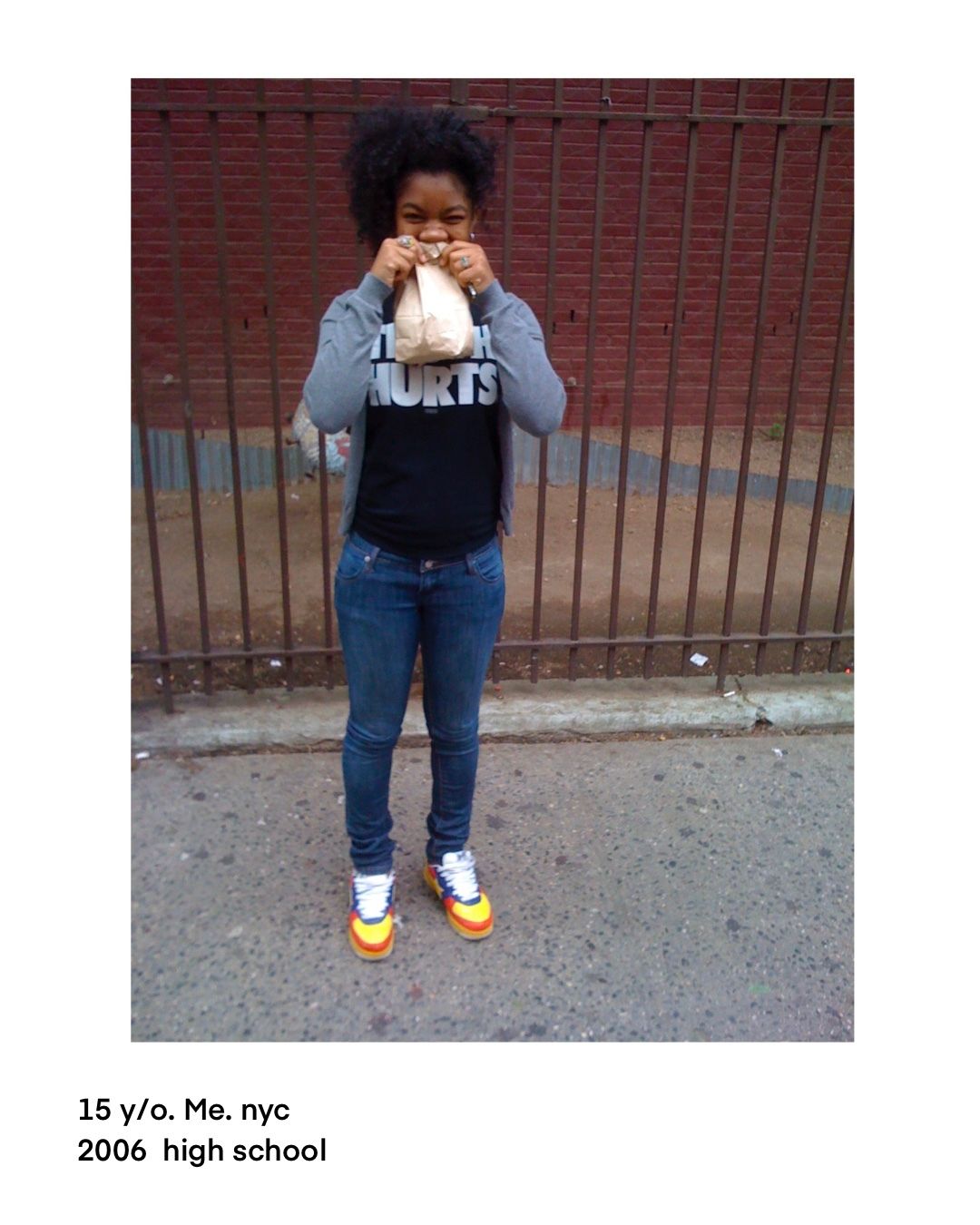- if anyone cares
- Posts
- Being Bad is Good
Being Bad is Good
I find through experiences of discomfort and uncertainty, the most growth happens.


Last week, I had a meeting and I nervously word-vomited marketing jargon all over the conversation. At a certain point, there was no turning back and I was forced to commit to whatever freefalling of a direction I was going in. I have zero recollection of what was spewing out of my mouth for the last 4 hours. I was running on fumes due to a late night and early morning and my imposter syndrome was fighting its hardest against me. Off the plane and directly to a meeting, I had been up since 4am. The previous week, I missed my flight—not because I was being irresponsible or made a mistake, but because flying out of LGA on the first flight after a holiday weekend is apparently top five poor preparation. So in this moment, I was adamant about making a good first impression no matter what it took. And if that meant using every buzzword that I could think of and talking until my throat went raspy, I was going to do it.
I find through experiences of discomfort and uncertainty, the most growth happens. I feel like my initial instinct pushes me to self doubt and fear rather than confidently failing forward. I was told to fail forward on this day. And I’m finally able to process what that means and how I can effectively implement that mindset into future endeavors.
The lesson that cooking has taught me is that life is built through trial and error, and growth is impossible without persevering through discomfort. I know, a very profound lesson coming from a simple task, but consider how many people dismiss cooking because they feel they're not good at it. This sentiment resonated with me for a long time until I began delving deeper into the culinary world. Over the past few years, it's been a humbling journey, but I've finally reached a point where I feel confident cooking for my loved ones. This philosophy extends beyond the kitchen and is channeled in many aspects of my ongoing tri-life journey of self-discovery.
My first experience of discomfort was learning how to not be the best early in life. Sports, my intro to humility. Growing up in Brooklyn, NY, my parents enrolled me in every available free athletic league: little league baseball, track, basketball, tennis. Anyone familiar with the challenges of athletics in a metro city understands that the odds of success are slim, yet ball is still life for some of us. In hindsight, I realize I didn't take sports as seriously as I should have during my formative years, perhaps because I was somewhat timid and my parents didn’t push me enough. I've often speculated that my heightened consciousness during my vulnerable adolescence allowed me to grasp concepts like fear and embarrassment, which may have hindered my athletic and even my personal development. Reflecting on it now, I believe I was simply misinformed about the opportunities sports could offer. Doubt and compliance eventually steered me towards a more practical path.
At the age of 12, I experienced my first taste of defeat at the Colgate games. Despite being considered fast at my school, the reality of the wider competitive world hit hard. I got out the blocks so slow and I came in 3rd, which may as well have been last place since I wasn’t even close to the winners’ time. Embarrassment was my immediate reaction, followed swiftly by daunting symptoms of doubt: thoughts of quitting, hiding, and placing blame. Overwhelmed by nerves, I struggled through the remainder of the meet. I recall a coach approaching me, offering words of encouragement that, though I can't quite recall, I now understand were meant to lift my spirits and push me to keep going. At the time, I couldn't grasp that it wasn't my lack of speed, but rather my lack of training compared to the other runners. I had been "having fun" in gym class. Persistent self-doubt burdened me and shaped my early adulthood, where uncertainty reached its peak in my early 20s. Today, I'm actively crafting a more evolved version of myself, unafraid to venture into new endeavors and challenge my mind in complex ways. Engaging in challenging pursuits isn't just about overcoming obstacles; it's about enhancing one's intellect and capabilities. And living by a simple outlook—doing challenging things will make you smarter.
The resilience you cultivate through adversity is a testament of your growth. Answer these questions to yourself:
What are your hardest moments that you’ve survived through?
What does that survival look like and who are you now that you’ve overcome those challenges?
I cannot recall a time where I pushed myself, worked really hard at something, and missed or made—I didn’t learn a valuable lesson from the experience. There has never been a moment in my life where I didn’t fail forward. Through proper preparation, I have learned that even situations of uncertainty and unknown, you can still effectively deliver if you are prepared and if you have truly put your all into whatever you worked towards.
This story was written to Jay-z’s 2017 release — 4:44
